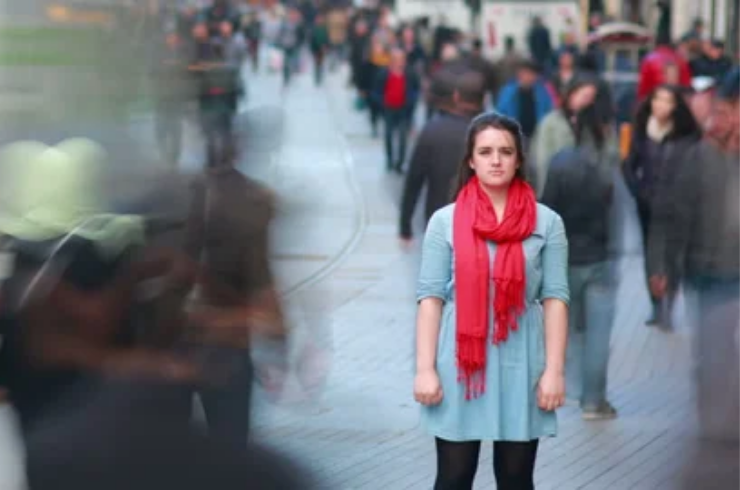


Introduction
Social Anxiety Disorder (SAD) is a pervasive mental health condition characterized by an intense, persistent fear of social situations. Individuals with SAD often experience debilitating anxiety when interacting with others or performing in front of an audience, which can severely impact their personal and professional lives. Effective therapy is crucial for managing and overcoming this condition. This guide explores various therapeutic approaches for treating Social Anxiety Disorder, offering insights into the most effective strategies available.
Understanding Social Anxiety Disorder
Social Anxiety Disorder is more than just shyness. It is a significant mental health condition that can cause extreme discomfort in social settings, leading to avoidance of social interactions and a diminished quality of life. Common symptoms include excessive fear of judgment, embarrassment, or humiliation, which can lead to physical symptoms such as sweating, trembling, or rapid heartbeat.
Therapeutic Approaches for Social Anxiety Disorder
Cognitive Behavioral Therapy (CBT)
Overview: Cognitive Behavioral Therapy is one of the most effective treatments for Social Anxiety Disorder. CBT focuses on identifying and challenging negative thought patterns and behaviors that contribute to anxiety.
Techniques:
Effectiveness: Research shows that CBT can significantly reduce symptoms of social anxiety and improve overall functioning. It is often considered the first-line treatment for SAD.
Acceptance and Commitment Therapy (ACT)
Overview: ACT is a form of therapy that encourages individuals to accept their thoughts and feelings rather than fighting them. It focuses on increasing psychological flexibility and commitment to values-based actions.
Techniques:
Effectiveness: ACT has been shown to be effective in reducing anxiety symptoms and enhancing overall well-being by helping individuals develop a more flexible and accepting relationship with their thoughts.
Exposure Therapy
Overview: Exposure Therapy involves gradually and systematically exposing individuals to feared social situations. The goal is to reduce the anxiety associated with these situations through repeated exposure.
Techniques:
Effectiveness: Exposure Therapy can lead to significant reductions in social anxiety and increased confidence in handling social interactions.
Pharmacotherapy
Overview: Medication can be an adjunct to therapy for individuals with severe social anxiety or those who do not respond well to psychotherapy alone.
Types of Medications:
Effectiveness: Medications can be effective in managing symptoms, but they are typically most effective when used in conjunction with therapy.
Group Therapy
Overview: Group therapy involves interacting with others who have similar experiences. It can provide support, reduce feelings of isolation, and offer opportunities for social skill development.
Techniques:
Effectiveness: Group therapy can be a valuable addition to individual therapy, helping individuals gain insights and practice skills in a safe setting.
Mindfulness-Based Therapies
Overview: Mindfulness-Based Therapies, such as Mindfulness-Based Stress Reduction (MBSR) and Mindfulness-Based Cognitive Therapy (MBCT), focus on increasing awareness and acceptance of the present moment.
Techniques:
Effectiveness: Mindfulness practices can help reduce anxiety symptoms by promoting relaxation and reducing the impact of negative thoughts.
Choosing the Right Therapy
Selecting the appropriate therapy for Social Anxiety Disorder depends on individual needs, preferences, and the severity of the condition. Many individuals find that a combination of therapies, such as CBT and medication, offers the best results.